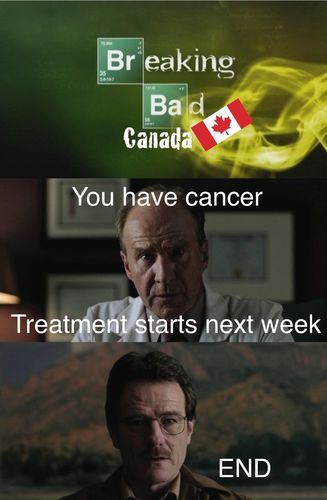All I can assume is that my RSS reader needs a good, swift kick every now and again because this post from Labour Day just showed up in my reader now …
I needed a job, bad, in LA, 1980-ish. I moved there with next to no money and no plan. I was only old enough to drink because they hadn’t changed the law yet. I’d had a dozen jobs or more already. No one was hiring nobody for nothing nohow. If I see another person compare today’s economy to the Depression I’m going to show them a picture of 1979. When a mortgage on a house reaches 17%, unemployment is right around 30% in the construction industry, and inflation looks like it’s going to touch 20, you get back to me. Car companies did more than just talk about going bankrupt back then.
I was sleeping on the couch in an apartment shared by two girls, neither of which I knew then or know now. You can distill painful shyness into a kind of brazenness if you try real hard.
The only job opening I could find was a classified for a welder. I had welded under a microscope before, so I was prepared to say I was qualified. A ship in a bottle is still a ship, right?
I drove 66 miles dead east from LA to get there. Outside the place looked like Ingsoc owned it, and inside it looked like Beelzebub was renting it. Medieval. A metal corrugated roof in the desert. The concrete block walls could just barely hold in the amount of crazy required to be a welder in there.
It was a terrible job and the pay was about the same as begging in Calcutta or maybe a dental assistant in England. There were — I remember because they told me — 135 people there that day applying for the job. There was a person sitting on every horizontal surface you could see making out an application. I was the only one wearing a suit and holding a resume. They took me out of the scrum, up the stairs, gave me the man what are you doing here act.
I lied. I lied like a politician. I lied like an infomercial. I lied like four hundred sermons played backwards. You bet I can weld your thermocouples. They sent 135 people away that very minute.
(to be continued)
I switched the Sippican Cottage RSS feed to NewsBlur instead and this story really does continue…
You couldn’t get an apartment in LA without a bank account and a job. You couldn’t get a bank account without a fixed address. I couldn’t get a job without an apartment. I can’t remember who was governor of California at the time. It might have been Jerry Brown or maybe George Deukmejian. At any rate, Franz Kafka was actually running the place. I picked a day, and simultaneously told the apartment landlady I had the job, told the bank I had the apartment, and told the job I could TIG weld thermocouples all the live-long day, baby. The Million Pound Bank Note is just a short story to you; it’s an instruction manual to me. You guys should read less Rand and more Twain if you want to get on in this world. By “less Rand,” I mean “no Rand,” and “all Twain,” actually.




